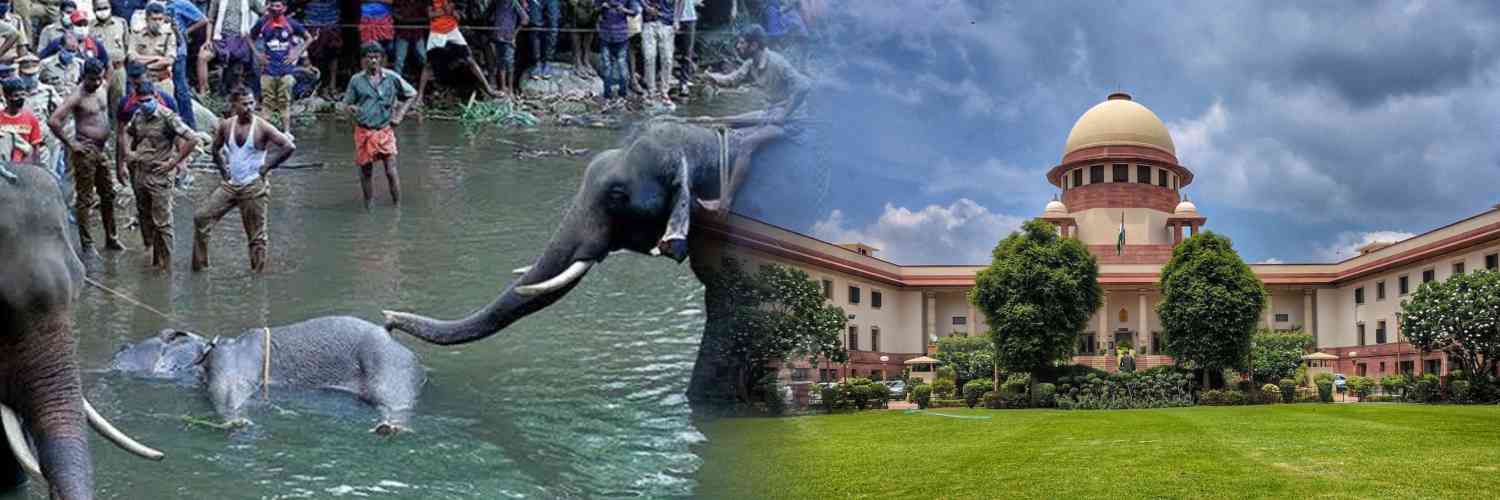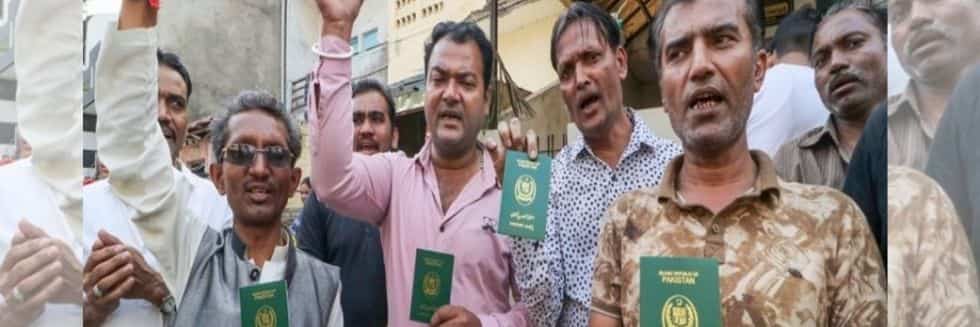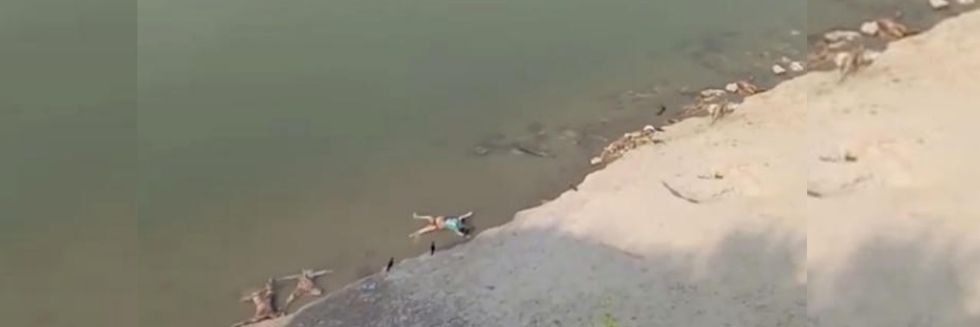Supreme Court has issued notice to centre and 13 other states including Kerala to file a reply on the PIL challenging the barbaric practices to ward off the animals based on the recent events of cruelty against animals.
A bench of Chief Justice S A Bobde and Justice R Subhash Reddy and Justice A S Bopanna has sought the respondents reply while hearing a petition filed by advocate Shubham Awasthi following the death of a pregnant elephant after consuming an explosive substance.
A petition was filed before the Supreme Court, challenging the practice of using snares and other barbaric means to ward off wild animals. The plea states that all these activities are illegal and unconstitutional. The plea further seeks to issue new guidelines for the creation of a Standard Operating Procedure (SOP) to handle such incidents and fulfilling the vacancies in Forest Forces across the states of the Union.
The plea has also mentioned that it was in the light of a pregnant elephant succumbed to injuries caused by the eating of pine-infested pine. The elephant’s jaw and tongue were badly damaged by scratches, and because of his inability to bring in any food, he died tragically. The incident went viral all over social media.
This plea states the “failure to eliminate de jure (formal) and de facto (substantive) abusive treatment meted out to animals by non-State actors, either directly or indirectly, violates not only the most basic rights of animals, but also violates their basic dignity as a living being as envisaged internationally, in our Constitution, and the guiding principles of every dominant religion or society in India”.
The plea highlighted that such kinds of activities are inhumane and should be banned. The plea stated that these kinds of activities are illegal and unconstitutional and in violation of Article 14 and 21.
The plea stated, “No army could be imagined without elephants leading the charge. Celebrated Indian philosopher and royal advisor Chanakya who authored Arthashastra, the ancient Indian political treatise, clearly laid down rules for the King to protect elephants. He said that whoever killed an elephant would be put to death. The pachyderms had to be fed even if they were incapacitated by war, old age or illness, the Arthashastra said,”. The forest department was blamed for his failure and negligence nature for the vacant posts in the forest department across India.
The plea also refers Wildlife Protection Act, 1972 – “It is a basic rule that, in matters of social law, the provisions of the law should be freely promoted by the weak and the weak. The court should also be wary of the fact that the benefits of these social reform laws are overcome by subtle devices”.it also requested the state and the central government to make amendments to the Animal Cruelty Prevention Act, 1960 and make the penalties stronger.
This appeal prayed the court to look after the true things and should pass new orders and issue guidelines if needed in the future for the benefits.
(This news has been written and submitted by Mr. Yogesh Sharma during his course of internship at B&B Associates LLP. Mr. Yogesh is a third-year law student at Chandigarh University, Gharuan, Mohali.)






